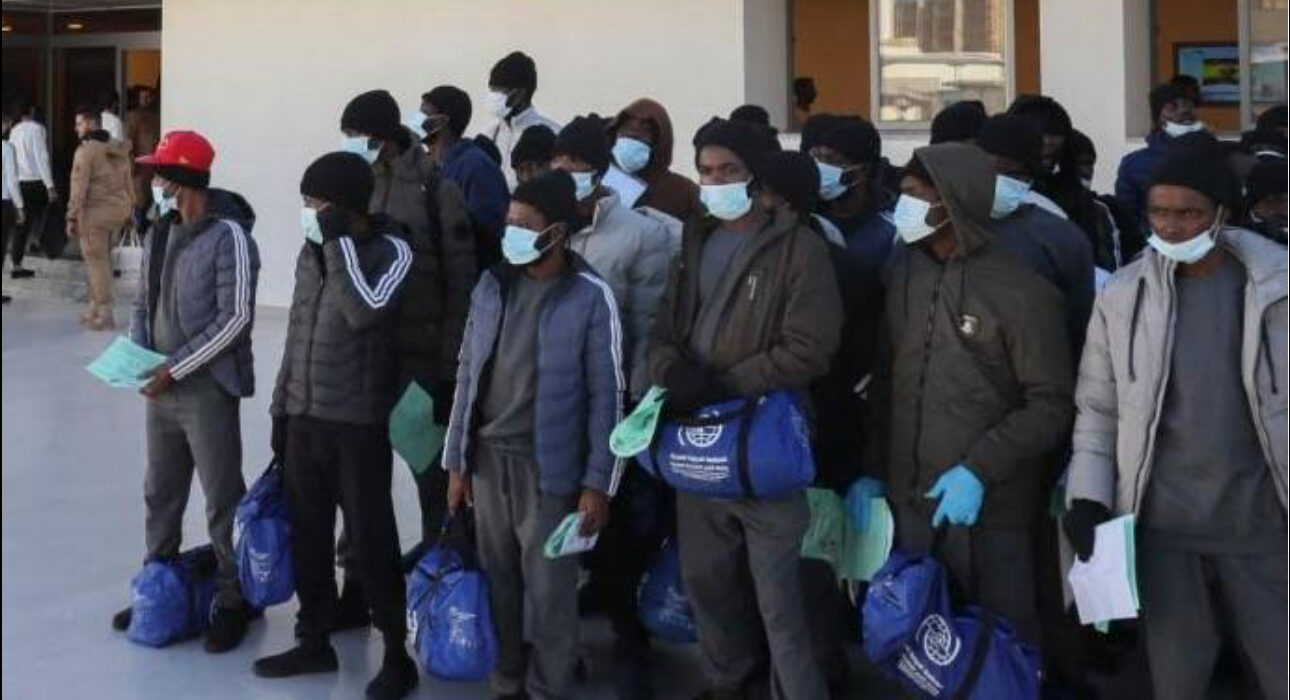UK Deports 43 Illegal Immigrants to Nigeria, Ghana Amidst Crackdown

The United Kingdom has deported a total of 43 individuals to Nigeria and Ghana as part of its intensified efforts to tackle illegal migration and enforce immigration laws.
The deportees were removed in a chartered flight organized by the UK Home Office, signaling a continuation of the country’s firm stance on immigration control.
According to a statement issued by the UK government, the deported individuals included 15 failed asylum seekers, 11 foreign national offenders who had completed prison sentences, and 7 individuals who returned voluntarily after overstaying or breaching visa conditions. Others on the flight were removed for various immigration-related offenses.
The UK government revealed that since the beginning of Prime Minister Rishi Sunak’s administration, over 24,000 individuals who had no legal right to remain in the UK have been removed.
This marks an 11% increase compared to the same period in the previous year. The number of foreign national offenders deported has also seen a notable 16% rise, with 3,594 criminals repatriated since the start of 2024.
“The UK will not tolerate the abuse of its immigration system,” the Home Office said in its statement. “Those with no legal right to remain are expected to leave, and if they do not, we will enforce their removal in a dignified and respectful manner.”
This latest deportation comes on the heels of a similar operation in October 2024, when 44 Nigerians and Ghanaians were deported on a single flight—one of the largest of such missions involving West African nationals.
The UK continues to collaborate closely with Nigerian and Ghanaian authorities to streamline the return process and ensure safe and lawful repatriation.
The deportations are part of broader bilateral agreements between the UK and partner countries in Africa aimed at improving migration management and addressing illegal routes. However, human rights groups have continued to raise concerns over mass deportations, citing cases where individuals were removed despite ongoing legal or asylum appeals.
The UK government, however, maintains that each case is assessed individually, and only those whose legal avenues have been exhausted are subject to removal.
The current UK administration has made curbing illegal migration a cornerstone of its domestic policy, especially in the face of growing pressure from the public and opposition parties. Officials have reiterated that immigration laws must be respected and enforced to maintain public confidence in the system.
As part of this policy, the UK has also increased funding for border security and immigration enforcement, and continues to engage with origin countries to facilitate smoother deportation logistics and reintegration support for returnees.









